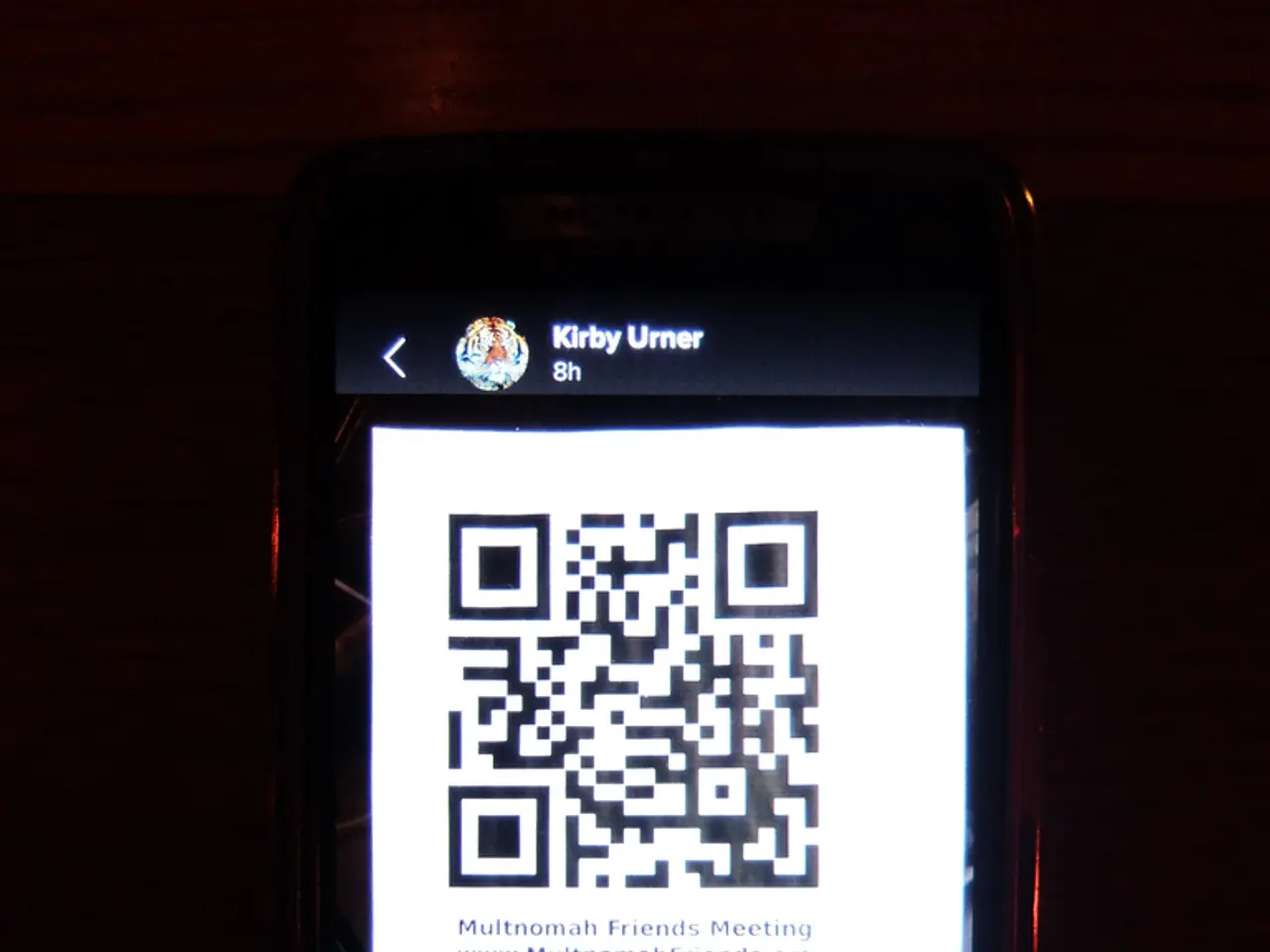EU Mandates QR Codes for Electric Vehicle Charging Points
The European Union is implementing a new measure to enhance charging infrastructure for electric vehicles. Starting April 13, all charging points in the EU must have a QR code for operation. This move aims to improve user experience, reduce costs for operators, and boost security and compliance.
The new requirement is part of the modified Alternative Fuels Infrastructure Regulation (AFIR). It mandates at least one charging terminal every 60 km on main roads and annual growth in total power supplied. The QR code will enable ad-hoc charging, electronic payments, and clear pricing information for users.
Marcin Nowak of the Polish Chamber of Electromobility welcomes the change, stating it will aid infrastructure development. Companies like EVBox, IOCharger, and Teison are already using the QR code payment method. However, Raphaël Héliot of AVERE expresses concerns about detailed requirements and the need for screen support at slow charging points.
CPOs can benefit from reduced installation and maintenance costs, and reach more customers with an open and interoperable payment system. Driveco advises users to verify the website and use proprietary applications to prevent scams involving fake QR codes.
The QR code requirement comes into effect on April 13. It is designed to enhance security and compliance, facilitate digital identity verification, and reduce fraud risks. The EU aims to secure digital communication and platforms, aligning with broader regulatory goals such as cybersecurity and digital trust in the infrastructure.
Read also:
- Xiaomi's YU7 SUV Challenges Tesla's Dominance with Impressive Pre-orders and Features
- VinFast Partners with Castrol India for After-Sales Support in India
- Activist Wangchuk Sounds Alarm on Ladakh's Climate Crisis and Silenced Voices
- Railway line in Bavaria threatened by unstable slope - extensive construction site at risk







